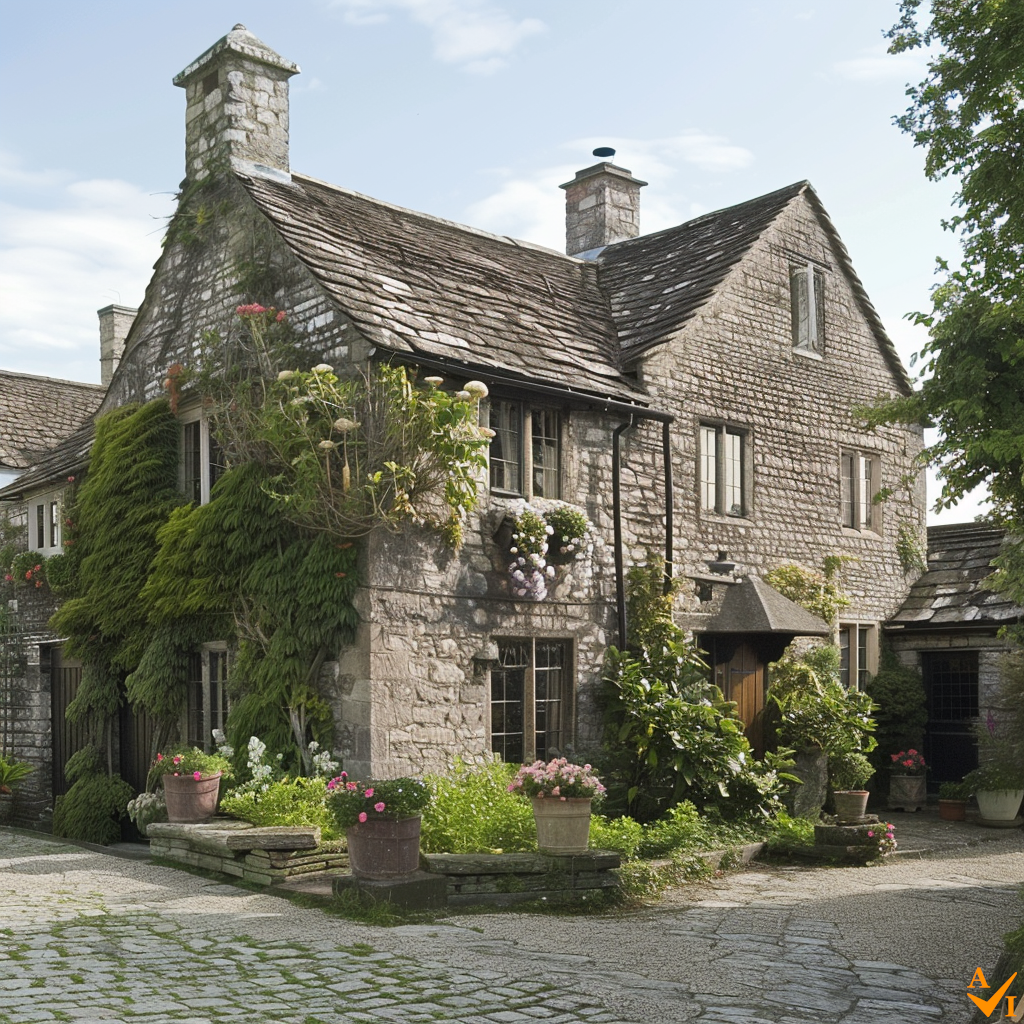Owning a historic home is like holding a piece of history in your hands. These properties, with their unique architectural details and rich backstories, offer a sense of character and charm that modern homes often lack. However, purchasing a historic home comes with its own set of considerations. Here’s what you need to know if you’re enchanted by the allure of historic homes.
Embrace the Home’s History
One of the most appealing aspects of historic homes is their unique architectural features and rich history. Researching the home’s background and architectural style can be both a major selling point and a source of pride. Understanding the story behind your home can deepen your connection to it and enhance its value.
Understand Renovation Restrictions
Many historic homes come with preservation restrictions. If the home is listed on a historic register or located in a historic district, there may be limitations on the types of renovations and alterations you can make. These restrictions are designed to preserve the historical integrity of the property, so it’s crucial to understand them before making any changes.
Assess Renovation Needs
Historic homes often require more upkeep and renovations. A thorough inspection is essential to understand the condition of the plumbing, electrical systems, foundations, and other critical aspects of the house. Knowing what you’re getting into can help you plan and budget for necessary repairs.
Budget for Higher Maintenance Costs
Be prepared for potentially higher maintenance costs. Historic homes may require specialized care and materials, which can be more expensive than standard updates. It’s wise to set aside a budget specifically for these unique needs.
Consider Energy Efficiency
Older homes were not built with modern energy efficiency in mind. Look into what upgrades can be made to improve energy efficiency, keeping in mind any restrictions due to the home’s historic status. Simple changes like adding insulation or installing energy-efficient windows can make a big difference.
Investigate Potential Incentives
Some regions offer grants, tax incentives, or low-interest loans for restoring historic properties. Research what financial assistance might be available to help with renovation and maintenance costs. These incentives can significantly offset the expenses associated with maintaining a historic home.
Enjoy the Community
Historic homes are often located in vibrant communities with a strong sense of local pride and heritage. These neighbourhoods can offer a unique community spirit and engagement. Being part of such a community can be one of the most rewarding aspects of owning a historic home.
Buying a historic home can be a fulfilling experience, offering a unique blend of history, character, and community. However, it’s important to go into the process with your eyes open to the additional responsibilities and considerations that come with owning a piece of history. Remember, a historic home is not just a purchase; it’s a stewardship of the past for the future.





